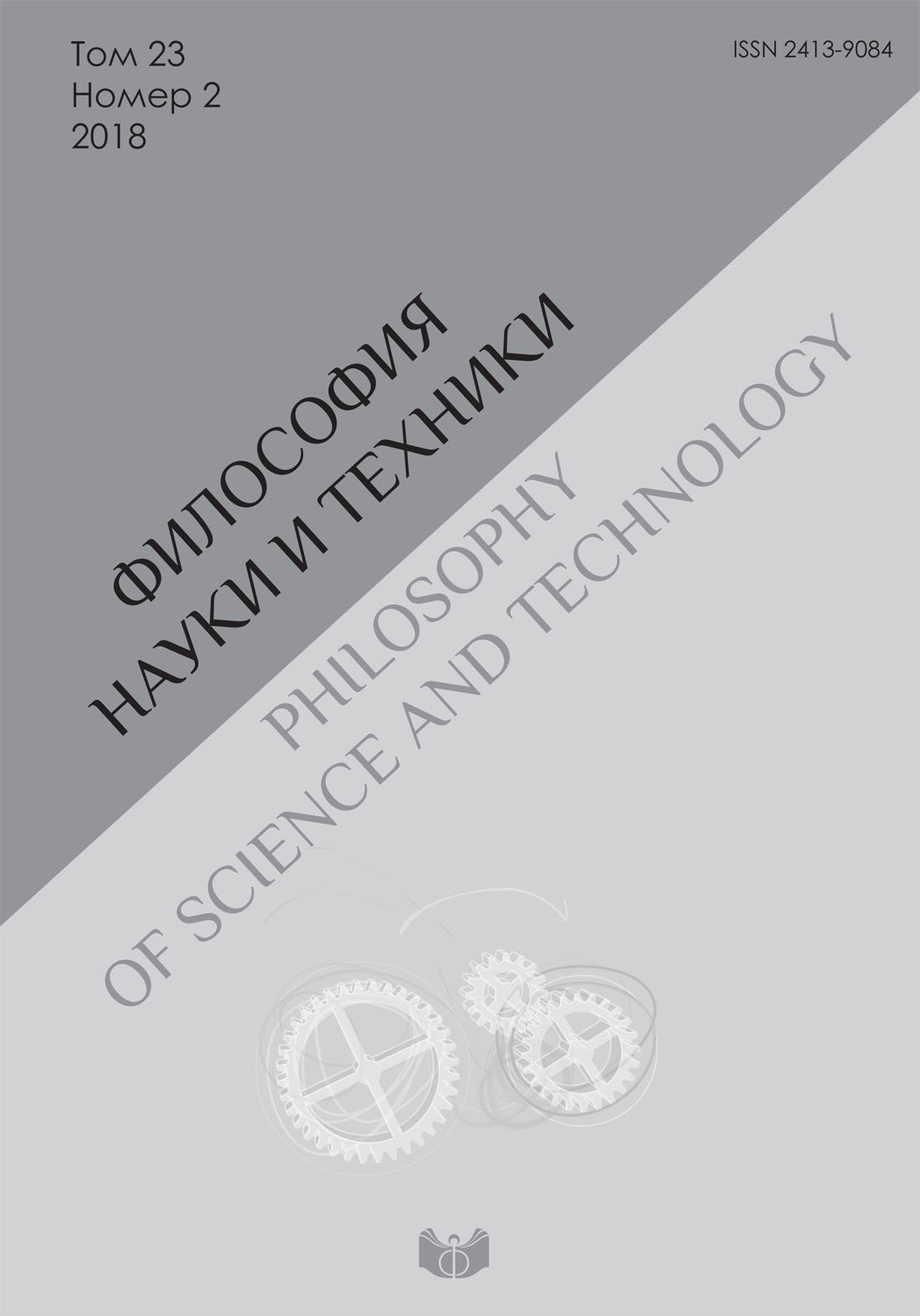About the role of N. Umov in the formation of conceptual basis of biophysics
DOI:
https://doi.org/10.21146/2413-9084-2018-23-2-36-48Keywords:
biophysics, thermodynamics, entropy, self-organization, organization, order, disorderAbstract
The article deals with the becoming of the concepts of “entropy”, “organization” and/or “self-organization” in the period of the formation of biophysics as a branch of science by the example of the work of R. Clausius, L. Boltzmann and N. Umov. On the base of the scheme of the functioning of ideal objects in the structure of scientific theory proposed by A. Lipkin, the formation of these concepts and the acquisition of mathematical, physical and natural-philosophical conceptions is traced. R. Clausius introduces entropy as a consequence of mathematical transformations of thermodynamic equations, and that conception initially has a mathematical meaning. L. Boltzmann connects entropy with the theory of probability and tries to define its physical meaning through a natural-philosophical meaning, interpreting entropy as a measure of disorder. At this stage, the biophysical problem field is only becoming. Entropy a) exists directly as a concept with a mathematical meaning and b) is comprehended as a concept with a natural-philosophical meaning. N. Umov considers entropy mainly as a characteristic of the general tendency towards disorder, bearing in mind both the physical and biological meanings of this concept. He tries to define the physical meaning of entropy through positively defined concepts. Dealing that, he introduces the concept “orderliness” to describe the behavior of an organized structure. The complexities of physical understanding of “orderliness” and entropy cause their natural-philosophical interpretation. By the way, entropy and “orderliness” characterize the physical system “as a whole”, they are metaphorical, they do not have a strict physical interpretation associated with the measurement of some physical quantity. At this stage of the development of biophysics, these concepts are included in its conceptual basis at the natural-philosophical level, their physical and biological meanings are not formulated.











